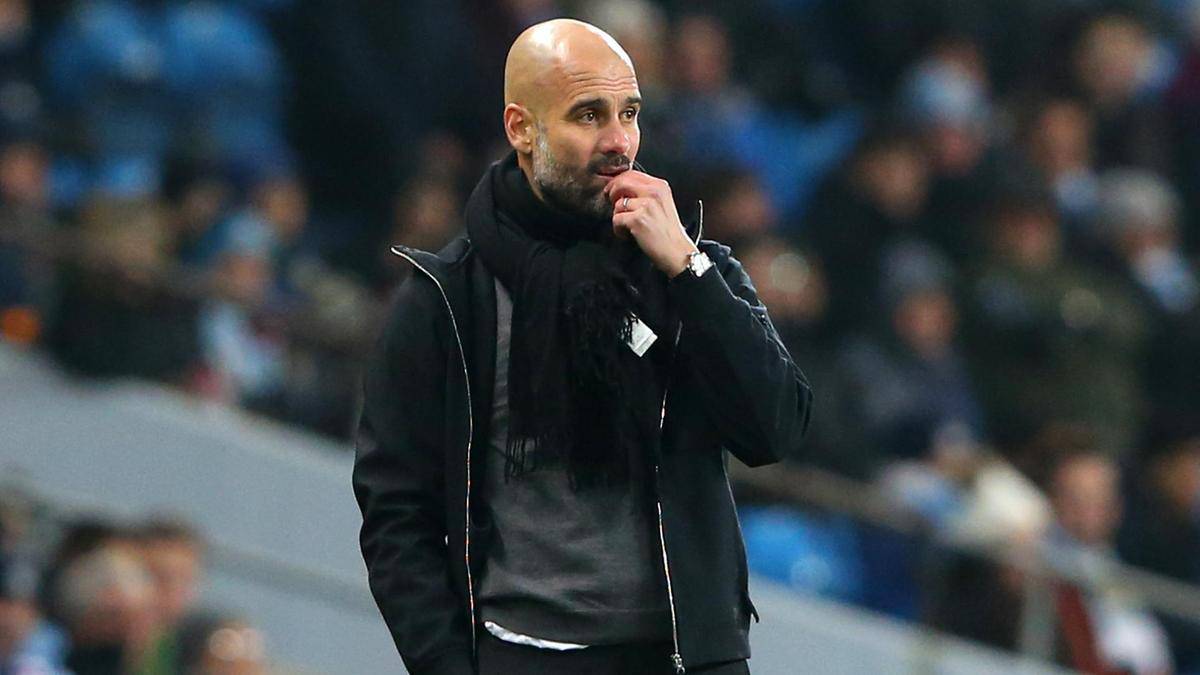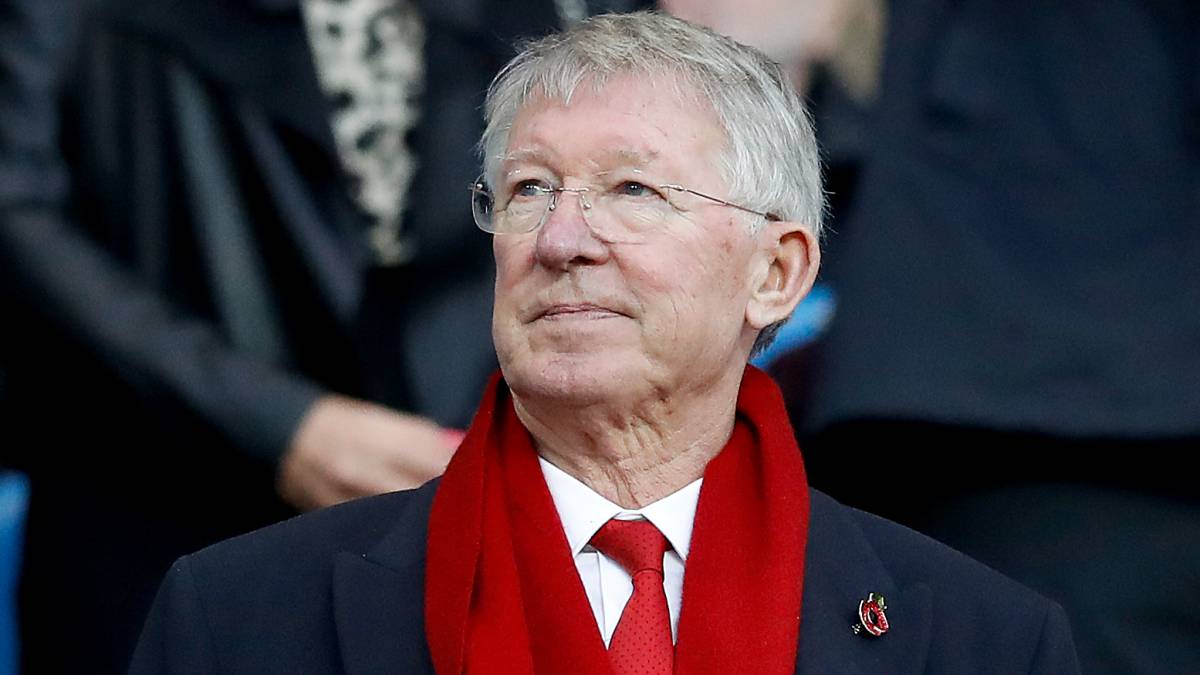France Football has compiled a ranking of the 50 best coaches in history.

France Football is the same publication that has been awarding the Golden ball to the best footballer in the world every winter since 1956. An authoritative French magazine with a long history and traditions has compiled its own list of the best coaches in the world in history. With some restrictions.
The main limitation is that we are talking about coaches who have made history by working for clubs, not national teams. So don’t look for Luiz Felipe Scolari, Cesar Luis Menotti or Carlos Bilardo here, and Vicente del Bosque didn’t make the top ten.
You also need to pay attention to the selection criteria. The authors claim that they were guided by three main points: trophies won with the club, football heritage and personal qualities of the coach. The latter is due to another factor that the authors took into account: the length of the coaching career. How to understand “personal qualities” and how to measure them is a difficult question. It is possible that this item is associated with some of the disputed places in the list.
The top five
In the first place-the author of the concept of total football, the person who influenced the game, probably the most in the XX century. Rinus Michels won everything with Ajax and changed football.
Sir Alex Ferguson spent 27 years as Manchester United Manager. He has always adapted to the players and built several teams that are completely different from each other in style of play. But he always won.

Arrigo Sacchi introduced Italy to high pressure and total football. For that Series A, used to catenaccio, it was a revolution.
Johan Сruiff was the first example that a great football player can still become a great coach. He became the embodiment of the evolution of Michels ‘ ideas. Touch passes, player interchangeability, a 3-4-3 pattern in possession: his players couldn’t understand what was required of them at first. But they learned quickly.
Josep Guardiola is another follower of Kruiff who is changing football before our eyes. He is in fifth place, and this is the highest ranking among all current coaches.
What’s wrong with the list?
Despite the listed selection criteria, the list leaves many questions. Starting from third place, Arrigo Sacchi, who really made a great contribution to the development of Italian football, but won less than 10 trophies in his entire career. Especially strange is his third place looks in comparison with the absence of Jose Mourinho in the top ten, who made a significant contribution to the development of football in England, while creating one of the strongest teams in the history of the Premier League, and on a personal level won twice as much.
Vicente del Bosque went down in history thanks to his success with the Spanish national team, but his work at Real Madrid was also outstanding. And by the trophies, and by the trail in history that the Galacticos project left in history. However, in the ranking of France Football club coaches, del Bosque is much lower than Jurgen Klopp.
Why are Carlo Ancelotti’s victories in four national Championships and won with different clubs in the Champions League so much more significant than Mourinho’s victories in four national Championships and won with different clubs in the Champions League? Of the two, only the Portuguese introduced new ideas to football, building the perfect defensive machine at Chelsea in the 2004-05 season. Or is it a matter of those very personal qualities?
There are other details. Arsene Wenger is a revolutionary of the Premier League, a man who single-handedly changed the League’s idea of the style of play in the mid-90s. Yes, he is not a specialist in trophies, but he has won the tournament three times, including with the historic achievement of a season without defeats. And if we talk about the length of his career, he is generally out of competition. But-the final 32nd place, which looks like a joke. Below Jurgen Klopp, below Diego Simeone.
If we talk about the theorists who did not take big trophies, but changed the game, the rating is also surprising. Where is Zdenek Zeman, who was admired even by his opponents? Yes, he did not win anything, but his attacking geometric football delighted even his opponents and helped to reveal a lot of talents. In addition, the rating has Marcelo Bielsa-a coach whose portfolio contains no more trophies.
Frank rykard is remembered by many for the 2005/06 season, but is one season with peak Ronaldinho (who was then able to solve any match alone) enough to become one of the 50 best club coaches in the history of football? Where is Luis Enrique then?
Residents of the former USSR also have something to be surprised about. I am glad that in the rating, in addition to the obvious Valery Lobanovsky, Viktor Maslov got, but where in this case is Konstantin Beskov? A unique figure in the history of football in the USSR, precisely for his contribution to the development of the game and for his legacy. The founder of the Spartak style of play and the eternal rival of Lobanovsky. Miss him.
The rating caused controversy in social networks – especially the positions of Wenger and Klopp. Even the editor-in-chief of the magazine was asked about them in comments on Twitter.
He hasn’t answered yet.






